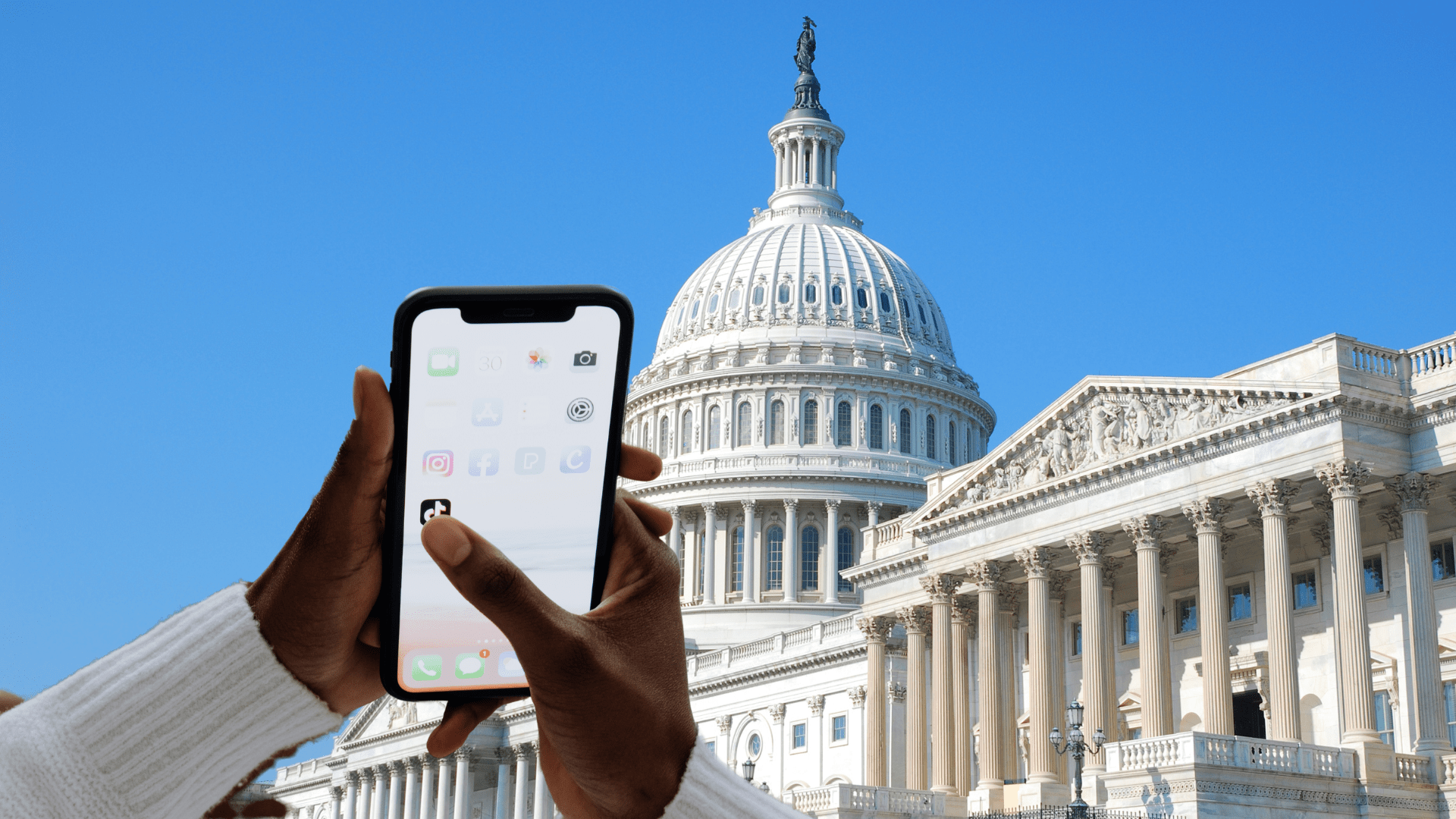In a landscape that’s increasingly dominated by social media platforms, the recent bill passed in 2024 regarding TikTok has sent seismic ripples across the digital marketing sphere. This watershed moment in social media regulation promises to reshape the playing field for marketers and advertisers alike. But what does this legislation mean for the future of digital marketing, and how can professionals stay ahead of the curve? We’re about to untangle the implications of the 2024 TikTok Legislation and chart a course for what lies ahead.
Understanding the TikTok Trail
Before we leap into the future, it’s crucial to understand the context that led to the TikTok Legislation of 2024. TikTok’s meteoric rise to prominence was not without controversy. The app’s rapid expansion, coupled with concerns over data privacy and national security, drew attention from governments worldwide.
The United States was at the forefront of these regulatory efforts. In the preceding years, the U.S. administration grappled with the question of whether to ban TikTok outright due to its ownership by a Chinese tech company. While that initial verge never materialized, it signaled a more strict approach to social media platforms, particularly those with international ownership.
In this climate of scrutiny, the TikTok Legislation of 2024 wasn’t a bolt from the blue — it was the culmination of a saga that underscored the need for clear rules governing social media practices, especially those related to data usage and privacy.
A Summary of the 2024 TikTok Legislation
The 2024 bill addressing TikTok is multi-faceted, with key provisions focused on data sovereignty, usage transparency, and oversight of algorithmic decisions. The bill stipulates that TikTok must store and manage American user data on servers within the U.S., overseen by a separate U.S.-based entity. This move aims to allay previous concerns regarding the possibility of foreign data espionage.
Additionally, the legislation demands transparency from TikTok in its data usage — a broad requirement that forces the platform to provide detailed reports on how it collects, retains, and utilizes user information for targeted advertising and content curation.
Perhaps most significantly, the bill introduces oversight on the ‘For You’ algorithm that powers TikTok’s content discovery. This algorithm, whose mechanics are a closely-guarded industry secret, has unprecedented reach and influence, capable of catapulting users to viral stardom. The bill seeks to ensure that the algorithm is free from bias, which could shape political discourse or undermine social cohesion in the U.S.
@tiktok Response to TikTok Ban Bill
Impact on Digital Marketing
For digital marketing professionals, the 2024 TikTok Legislation signals a shift in the status quo. It is expected to have a direct impact on how advertisers leverage the platform, influencing strategy, targeting capabilities, and the very nature of content creation on TikTok.
The requirement for data transparency will necessitate a more detailed understanding of TikTok’s data practices on the part of marketers. This, in turn, could lead to more stringent guidelines on how data is used for ad targeting, potentially limiting the scope of personalization that has become the hallmark of modern digital advertising.
For content creation and curation, the scrutiny of TikTok’s algorithm presents a dual challenge and opportunity. On one hand, the increased oversight may impose restrictions on how content is discovered and promoted. On the other, it encourages a more principled approach to content creation that resonates with the platform’s user base without resorting to manipulative practices that the algorithm might have previously rewarded.
The migration of user data to U.S. servers is a technical challenge that may necessitate changes to how advertisers access and utilize TikTok’s audience insights. It could also lead to a more fragmented advertising market, with a focus on domestic data silos.
Adapting for the Future
The 2024 TikTok Legislation is just one example of a broader global trend towards social media regulation. While it presents obstacles for marketers, it also opens new avenues for innovation and creativity. Here are some strategies for navigating the post-legislation landscape:
- Diversification of Platforms: Relying too heavily on TikTok could leave digital marketing strategies vulnerable. Diversifying across multiple platforms reduces risk and ensures access to a broader audience.
- Transparency and Ethical Marketing: With consumers becoming increasingly privacy-conscious, an ethical approach to marketing will be a key differentiator. Transparency and a commitment to user privacy will resonate with audiences and may even be rewarded by platforms themselves.
- Investment in First-Party Data: With restrictions on third-party data usage, there is a growing impetus to build and leverage first-party data. Marketers should focus on developing direct relationships with their audiences and acquiring insights that they directly own and control.
- Agility in Response to Change: The legislative landscape is dynamic, with regulations potentially evolving rapidly. Marketers must stay informed and agile, ready to adjust strategies and tactics as required.
@stratablue While this ban is NOT ideal, it is not the end of the world! As marketers we constantly have to pivot and we implement an omni channel approach to marketing. #tiktokban #marketing #tiktoknews #marketingagency #omnichannelmarketing #CapCut ♬ Show Me How – Men I Trust
Looking to the Horizon
Despite the challenges posed by the 2024 TikTok Legislation, the future of digital marketing remains vibrant and full of potential. Innovations in technology — such as increased reliance on AI, machine learning, and the growth of the metaverse — will continue to redefine the field. And while regulation may impose constraints, it also sets the stage for more responsible and effective marketing practices.
Looking ahead, one can expect the industry to mature, with a focus on creating value for both brands and consumers. The lines between content and advertising will blur further, requiring a deft touch to engage audiences authentically. Marketers who can strike this balance will not only weather the regulatory storm but will also stand out in a crowded digital marketplace.
The 2024 TikTok Legislation is undoubtedly a watershed moment for digital marketing, signaling a shift towards more regulated and responsible practices. By understanding and adapting to these changes, professionals can ensure that they not only comply with the law but also thrive in the brave new world of digital advertising.
In conclusion, while the TikTok Legislation may appear to be a stumbling block at first glance, it is also a stepping stone to a more sophisticated and sustainable approach to digital marketing. Keep your finger on the pulse, remain flexible, and double down on what truly works. The road ahead might be uncertain, but for the resilient and imaginative marketer, the opportunities are boundless.




